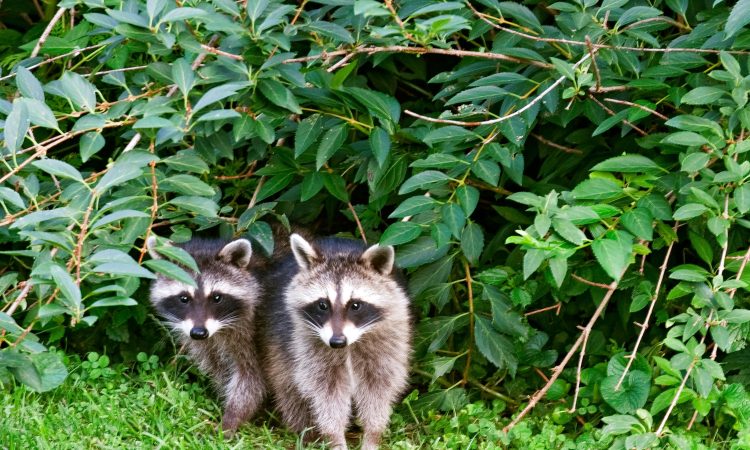
Raccoons are intelligent and resourceful animals that can cause havoc when they invade residential areas. Preventing raccoons from entering your property requires proactive measures and expert advice. Here’s how you can effectively débarrasser des ratons laveurs Capital Wildlife Control and keep them at bay.
-
Secure Garbage and Food Sources
Raccoons are primarily attracted to easily accessible food.
- Raccoon-Proof Bins: Use garbage bins with locking lids or secured bungee cords to prevent access.
- Avoid Feeding Pets Outdoors: Leftover pet food can attract raccoons; feed pets indoors whenever possible.
- Remove Bird Feeders: Excess birdseed often serves as an unintended food source for raccoons.
Eliminating food attractants discourages raccoons from lingering near your home.
-
Seal Entry Points
Preventing raccoons from accessing your home is essential to avoid infestations.
- Inspect Structures: Check for gaps, holes, or loose vents that raccoons could use to enter.
- Reinforce Vulnerable Areas: Cover chimneys, vents, and roof openings with metal mesh or caps.
- Repair Damage: Fix broken shingles, siding, or soffits to block potential entry points.
These measures ensure raccoons cannot find shelter on your property.
-
Maintain a Clean Yard
Keeping your yard tidy reduces the chances of raccoons making themselves at home.
- Trim Trees and Bushes: Overhanging branches provide raccoons with easy access to your roof.
- Remove Debris: Clear away woodpiles, brush, or other materials that could serve as hiding spots.
- Harvest Fruits Promptly: Fallen fruit from trees can attract raccoons and other wildlife.
A well-maintained yard is less appealing to these opportunistic animals.
-
Use Effective Deterrents
Several tools and techniques can help scare raccoons away.
- Motion-Activated Lights or Sprinklers: Sudden bursts of light or water can startle raccoons and deter them.
- Ultrasonic Devices: These emit sounds that are unpleasant to raccoons but inaudible to humans.
- Natural Repellents: Sprinkling substances like ammonia or cayenne pepper near potential entry points can discourage raccoons.
Deterrents offer an additional layer of protection against invasions.
-
Seek Professional Assistance
If raccoon activity persists, it’s time to call in the experts.
- Humane Removal: Professionals use safe traps and ethical methods to relocate raccoons.
- Comprehensive Inspections: Wildlife specialists identify all potential risks and entry points.
- Long-Term Solutions: Expert advice and preventative measures ensure raccoons don’t return.
Services like débarrasser des ratons laveurs Capital Wildlife Control provide reliable and humane solutions tailored to your property’s needs.
Conclusion
Keeping raccoons away requires a combination of preventive actions, deterrents, and professional expertise. By addressing food sources, securing entry points, and maintaining your property, you can effectively protect your home. For persistent problems, relying on experts ensures safe and lasting solutions.




